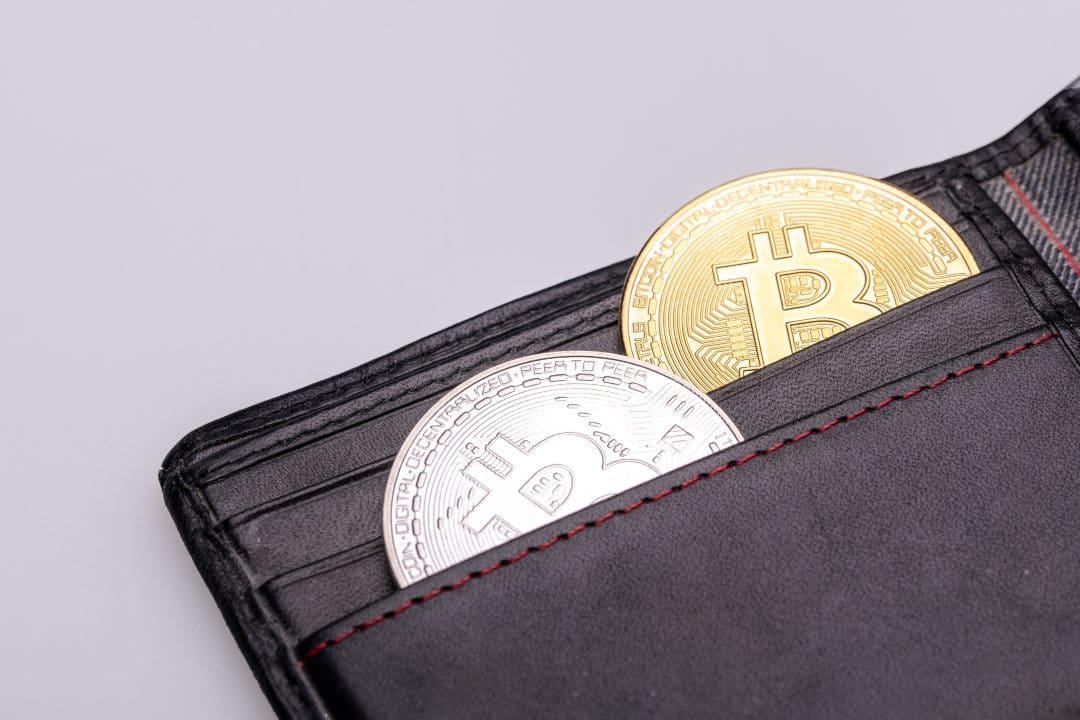When we talk generically about cryptocurrency wallets we don’t really refer to a single type of crypto tools. In fact, there are many different types of wallets, with different purposes and uses.
First of all, it is necessary to take into account two main features that allow the classification of the types of wallets: the currencies supported and the holding of private keys.
How are crypto wallets classified?
With regard to the holding of private keys, there are basically three types of crypto wallets: those that allow the user the exclusive ownership of private keys, those where they are held by the maker or operator, and hybrid ones.
In reality, the original wallets are those of the first type, ie those created specifically to ensure that the user is the sole holder of private keys. The private key is the one that allows moving the tokens stored in a given public address, thus only by owning it is it possible to have full possession of the funds.
Cryptocurrencies have been created in order for users to avoid the need for intermediaries, or third parties when freely using their funds. Therefore, the wallets that allow users to have the exclusive ownership of private keys are to be considered real wallets, those that represent the original essence of cryptocurrencies.
However, for some people, having the exclusive possession of private keys may be too demanding or may represent a high level of responsibility. In fact, in case of loss of the private keys to a wallet, access to the funds stored in it is completely lost, and this has already happened several times in the past.
For this reason, some people prefer to entrust the storage and protection of private keys to third parties, considered, not always rightly, better custodians.
This has led to the creation of the second type of wallet, namely those whose private keys are not kept by the user, but by the maker or operator of the wallet. In this case, in theory, the funds remain the property of the user, but it is the operator who moves them.
Crypto exchange and wallet
An example is the exchange wallet, i.e. the wallet integrated into the exchange platforms. In this case, on the one hand, the user no longer has to worry about keeping the private keys or the seed safe, but on the other, there’s the risk of losing all the funds if the operator disappears or is hacked, as happened before, even recently.
In other words, proprietary and third-party wallets have their own advantages and disadvantages. For this reason, hybrid wallets have also been created, in which the private keys are partly kept by the user and partly by the operator, allowing the user to recover them in case of loss while reducing the risk of loss of funds.
Types of crypto wallets
As for the second feature, generally each cryptocurrency has its own specific wallet, but there are also some that support multiple cryptocurrencies. So there are wallets that support a single cryptocurrency, wallets that support a single blockchain, and wallets that support multiple cryptocurrencies and multiple blockchains.
For example, exchange wallets usually support multiple cryptocurrencies and blockchains, with rare exceptions.
In fact, when a new cryptocurrency is created, with a new blockchain, usually there is also a specific wallet. This is usually a proprietary wallet that only supports that blockchain.
All blockchains have their own specific wallet and many even have more than one. For example, as far as Bitcoin is concerned there are several wallets that exclusively support it, without supporting any other cryptocurrency.
Moreover, since there are no other tokens that are exchanged on the bitcoin blockchain yet, bitcoin-specific wallets only support BTC, and for Bitcoin Cash there are others.
Whereas in the case of Ethereum, since there are a lot of ERC20 tokens that are exchanged on this blockchain, there are several wallets that support both ETH and ERC20 tokens. In this case, supporting the Ethereum blockchain results in a multi-currency wallet, because it would also support the other tokens that use this blockchain.
There are also wallets that support multiple blockchains, such as those of exchanges, or multi-currency proprietary wallets. In the latter case, despite having a single seed, the wallet will have different public addresses for different cryptocurrencies, due to the fact that these do not always have the same format.
Actually many mono-currency wallets also have a single seed with different public addresses, and different private keys, but they are all similar and interchangeable. Conversely, multi-currency wallets have different addresses for different currencies, which are not compatible with each other.
A final distinction can be made between software and hardware wallets. Though in reality, this is a minor distinction, because from a logical point of view their functioning is the same. In other words, the difference lies fundamentally in concrete use cases, with basically all hardware wallets having the same software function as proprietary multi-currency wallets.




